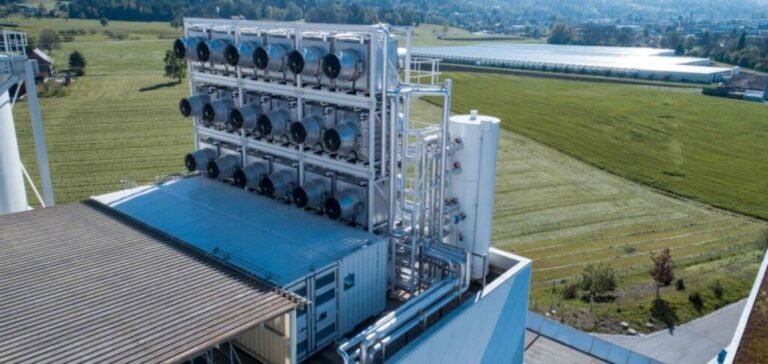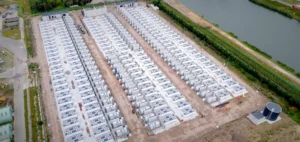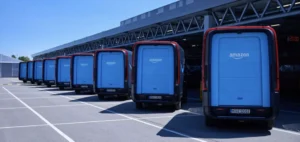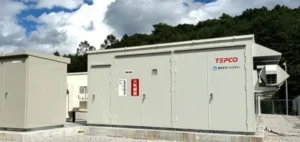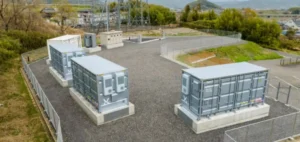Australia continues its ambitions to become a global leader in carbon sequestration, supported by new research demonstrating the feasibility of transporting carbon dioxide (CO₂) at low pressure and temperature. This technological advancement could significantly reduce transportation costs, a key factor in making carbon capture and storage (CCS) economically viable on a large scale.
A study published by the Future Energy Exports Cooperative Research Centre (FenEx CRC) has validated the transportation of CO₂ under low pressure and temperature conditions, which could lead to substantial savings when moving CO₂ from industrial emission sites to storage reservoirs. Australia, with its vast offshore basins and favourable geology, is well-positioned to leverage this technology and strengthen its position as a global leader in carbon sequestration.
A strategic opportunity for australia
The FenEx CRC study, presented by project managers Daein Cha and Dr Luke McElroy, shows that Australia, which emits approximately 500 million tonnes of CO₂ per year, has geological reserves capable of storing up to 870 years’ worth of these emissions. This capacity far exceeds domestic needs and offers a strategic opportunity for Australia to become a carbon storage hub for countries like Japan and South Korea, which lack suitable geological formations for this purpose.
With the global CCS market expected to grow from $3.47bn in 2023 to $5.61bn by 2030, Australia is positioning itself as a key player. Agreements with Japanese and Korean companies, such as INPEX and J-Power, are supporting these cross-border storage initiatives.
CO₂ transport: a technological challenge
One of the main obstacles to the large-scale adoption of CCS remains the cost and complexity of transporting CO₂. Pipelines, while economical over short distances, become impractical beyond 200 kilometres. Maritime transport is therefore being considered as an alternative but requires new technologies to reduce costs. FenEx CRC revealed that by maintaining CO₂ at a pressure of 7 bars and a temperature of -49°C, it is possible to envisage lighter and cheaper storage on ships, which could truly unlock the potential of the industry.
Projects such as Northern Lights in Norway have already demonstrated the feasibility of maritime CO₂ transport, and similar models could be replicated in Australia. This breakthrough could make CCS viable in hard-to-decarbonise sectors, a priority emphasised by the International Energy Agency (IEA).
Expanding investments and projects
Australia also benefits from clear regulation and openness to private sector acquisition of CO₂ storage spaces. This has spurred investments in projects such as Moomba CCS, a partnership between Santos and Beach Energy, and DeepC Store. These projects aim to deploy large-scale storage facilities, further reinforcing Australia’s position as a global reference in carbon sequestration.
The FenEx CRC study, by validating the transport of CO₂ under these new conditions, shows that a combination of offshore storage and maritime transport could meet the growing global demand for low-cost carbon storage solutions.


